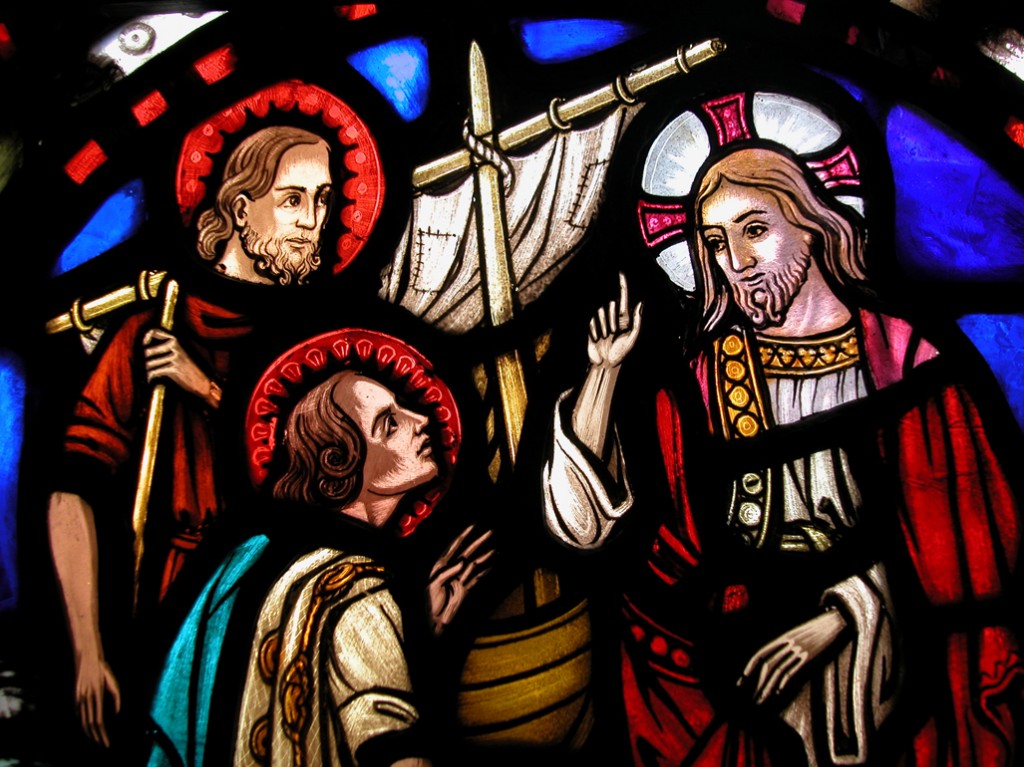Last week, a pair of Inside Philanthropy guest blog posts sparred over the utility and “allure” of charitable endowments. In comments and responses, the Gospel of Mark surprisingly made its way into the conversation.
To recap: Vikki Spruill, the president and CEO of the Council of Foundations, penned a post titled, “A Vital Pipeline: How Donor-Advised Funds Engage New Donors and Boost Communities.” In the article, Spruill defends the use of donor-advised funds (DAFs) because of the benefits they provide to both donors and the community. Pointing to a survey conducted by the Urban Institute, the piece argues how DAFs are fundamental for civic engagement and “address[ing] community needs.” Most importantly, however, Spruill explains the long-term significance of DAFs:
At the heart of recent critiques of DAFs is a troubling and misguided effort to call into question the value of endowed philanthropy. The compulsion to "pay it out now" in order to address immediate needs is woefully shortsighted. Philanthropy doesn’t think just of the latest development, the next election, or the next business cycle. It has to think of the next generation.
Four days later, Alan M. Cantor of Alan Cantor Consulting responded to Spruill with his piece, “The False Allure of Charitable Endowments.” His argument “challenge[s] the sacred place held by endowments in American philanthropy.” To summarize, he writes:
I suggest that our addiction to endowments makes poverty worse.
Curiously, the Gospel of Mark is found at the bookends of Cantor’s reply. Cantor includes the quotations because of a comment on Spruill’s piece by Inside Philanthropy blogger Frank Monti that notes, “Therefore the value of the endowment is that resources are available in perpetuity. Jesus said ‘the poor you will always have with you.’” Although Monti does not include the chapter and verse, this quotation is found in three out of four of the Gospels: Matthew 26:11, Mark 14:7, and John 12:8. Of the three, Cantor specifically cites Mark 14:7. According to Faith Street, this quotation ranks among the top five misused Bible verses.
There are a number of issues with Cantor’s use of the verse. First, Cantor fails to recognize the importance of the context of Jesus’ remark – context that is necessary for our ability to understand it. According to the account from St. Mark (the same one cited by Cantor), Jesus was in Bethany at the house of Simon the leper. In the home, a woman poured very expensive ointment on Jesus. Some protested, asking, “Why was the ointment wasted in this way. . . . [T]he money [could have] been given to the poor.” Responding, Jesus said:
Let her alone; why do you trouble her? She has performed a good service for me. For you always have the poor with you, and you can show kindness to them whenever you wish; but you will not always have me. (Mark 14:6-7, NRSV)
For starters, the fuller quotation reveals a significant feature truncated by Cantor. Cantor’s version of the quote at the end of his piece seems to suggest that “and you can help them any time you want” justifies his argument; that charitable endowments keep dollars “locked up in perpetuity.” Yet, including the fuller context of the quotation reveals a much different issue, viz., a reasoned defense of Jesus’ anointment.
Next, it almost goes without saying that using this verse in the first place is a bit of a stretch. While scripture scholars and pastors continue to debate their exegeses of this verse both within and across denominations, most would likely agree that Jesus was not offering a condemnation of the modern charitable endowment. Jesus’ call does not focus on issues of the short term or the long term but, rather, suggests a distinction between tending to temporal concerns and venerating the Son of God.
While debates over the use of the charitable endowment are important, these debates should not overstate the issues at hand. Citing Scripture in conversations about philanthropy is not necessarily inappropriate (often it is encouraged!) – it just requires that Scripture be cited correctly and meaningfully.







The problem with perpetual endowments to institutions of ideas, including churches, religious institutions, educational institutions, and think tanks, is that the idea basis of the institution may change over time, or that it may cease to be relevant. Witness the Church of Christ, Scientist, which has so many endowments that no one ever had to be a Christian Scientist ever again and their Reading Rooms will still be going. The same with the Episcopal Church. A church or a charitable institution needs to stay relevant and receive donations from the current generation, or die.